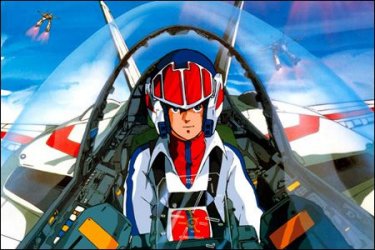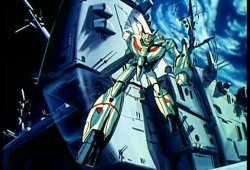Human intelligence could not exist without electrical power. Our brains use electrical power to transmit signals to our body.
And?
Computers run on electricity.
And?
So do our brains. Right? Of course.
Follow along with the video below to see how to install our site as a web app on your home screen.

Note: This feature currently requires accessing the site using the built-in Safari browser.
Human intelligence could not exist without electrical power. Our brains use electrical power to transmit signals to our body.
And?
Computers run on electricity.
And?
Human intelligence could not exist without electrical power. Our brains use electrical power to transmit signals to our body.
And?
Computers run on electricity.
And?
So do our brains. Right? Of course.
Human intelligence could not exist without electrical power. Our brains use electrical power to transmit signals to our body.
And?
Computers run on electricity.
And?
So do our brains. Right? Of course.
And?

Its proven "possible" we just dont have the details ironed out yet.Is true 'artificial intelligence' possible? Intelligence in the sense that we understand it as a human trait? If so, what does this mean about our view of ourselves and our place in the world? It raises questions of a spiritual and theological nature as well, but I suppose that's for another thread.
Unk, you want to have a dumbed down less tedious convo about it?
Meaning, no walls of text ala emily/politicalchic....
U can start it..
Human intelligence could not exist without electrical power. Our brains use electrical power to transmit signals to our body.
And?
Computers run on electricity
s
Our brains also run on oxygen. Does that make us windmills?
Human intelligence could not exist without electrical power. Our brains use electrical power to transmit signals to our body.
And?
Computers run on electricity
s
Our brains also run on oxygen. Does that make us windmills?
Leach computers require oxygen, also. US scientists build brainy leech computer ZDNet
It's not unimaginable to understand that you are too stupid to understand. ....?????
A pink tutu would go good with that bun on your head.
What are you talking about, dopey?
I'll bet all the young boys like you ha ha.
What do you mean?
In whole sense - not, it is not possible. Man can't create a man by himself, with his own conscious. It can do only God. So, man can only make a discrete machine which could make a billion simple operations a second. People don't act like that, they have an intuition, templates in brain and many other things. Moreover, human's brain is discovered very bad.Is true 'artificial intelligence' possible? Intelligence in the sense that we understand it as a human trait? If so, what does this mean about our view of ourselves and our place in the world? It raises questions of a spiritual and theological nature as well, but I suppose that's for another thread.
what is transhumanism?As a bonus question, how if at all does this relate to transhumanism?

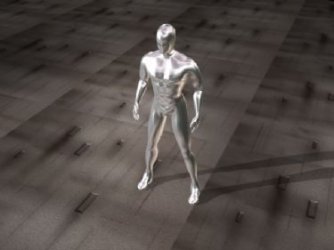
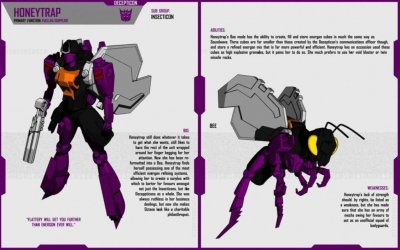
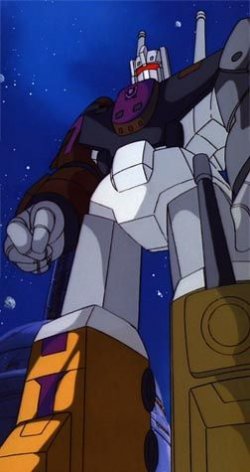
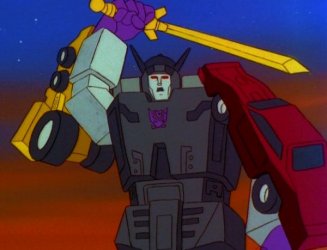
Yes, I think it clearly is.That raises and important question. Is higher intelligence possible without emotion, and vice versa?
1. Yes, it is possible in my mind.Unk, you want to have a dumbed down less tedious convo about it?
Meaning, no walls of text ala emily/politicalchic....
U can start it..
Seems to me there are two parts to the issue. Is it or will it ever be possible, and what would it mean to our understanding of ourselves if it were.
